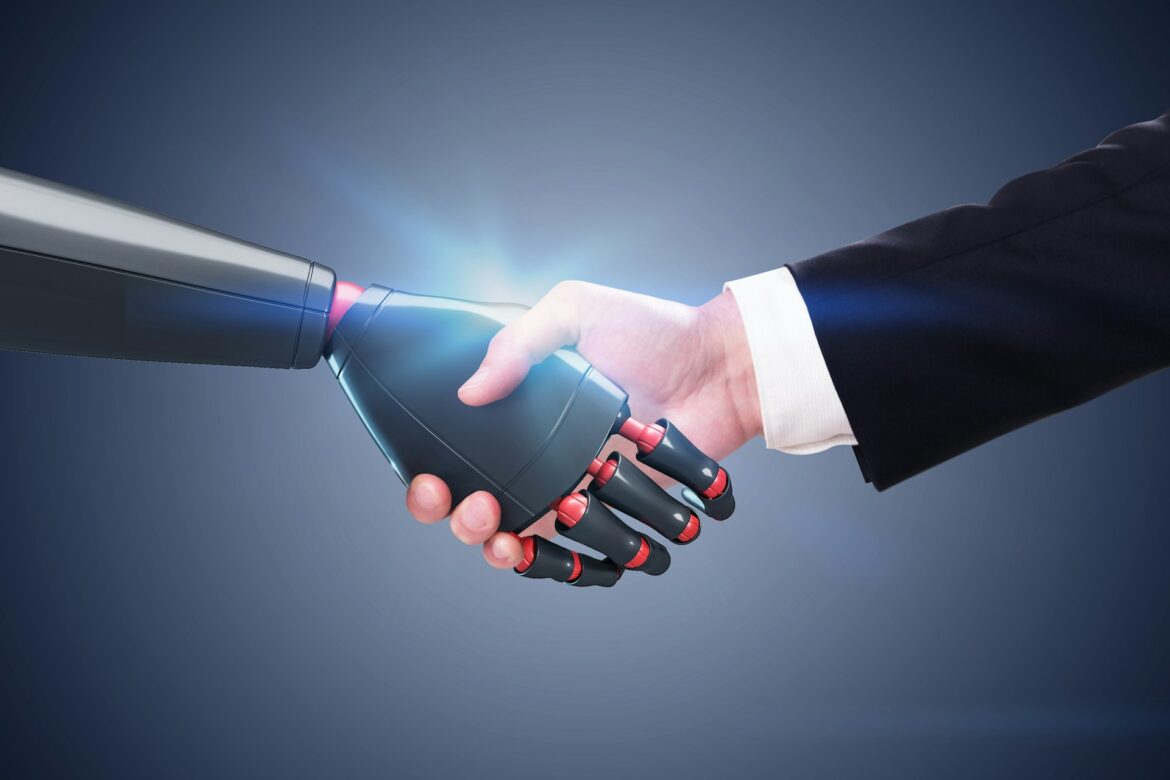160
Home Artificial Intelligence (AI)Refusing to learn AI poses greater career risk than technology, executives say

HR News Canada is an independent source of workplace news for human resources professionals, managers, and business leaders. Published by North Wall Media.




